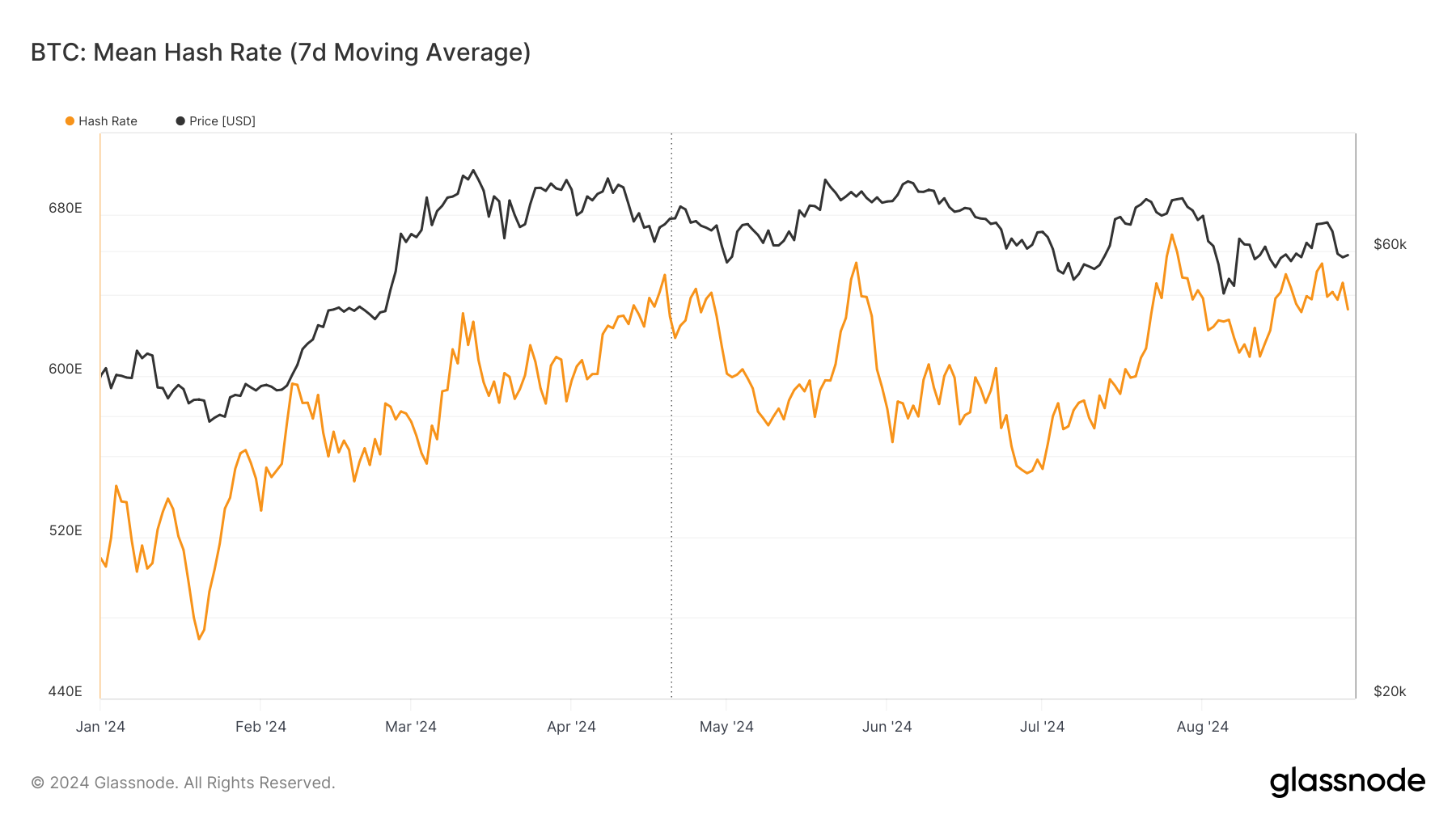
Key Takeaways:
- CPI rose 0.2% since June and 3.2% year-over-year.
- Gasoline and energy prices experienced a double-digit decrease.
- What are the implications for stocks?
YEREVAN (CoinChapter.com) – In the latest consumer price index (CPI) report, the Bureau of Labor Statistics revealed that annual inflation in the United States stood at 3.2% in July.
CPI report rose 3.2% in July
Transportation services took the lead with a 9% YoY increase and a 0.3 push since June. Conversely, fuel oil inflation has receded over 26% since July 2022, shortly followed by gasoline prices and energy commodities with a near-20% drop.
The index for shelter was by far the largest contributor to the monthly all-items increase, accounting for over 90% of it, with the index for motor vehicle insurance also contributing. The food index increased 0.2% in July after increasing 0.1% the previous month.
stated the report.
The Bureau added that food prices increased 0.3% on month-to-month bases, and all items less food and energy index rose 4.7% year-over-year.
What can the increase mean for equities?
Meanwhile, the report is crucial for the markets, given the spike in Treasury yields and heightened volatility partially caused by Fitch Ratings’ downgrade of US government debt. The stock market reaction was fairly contained. However, a rising CPI, albeit by 0.2%, could mean another hawkish round of interest rate hikes from the Fed and a consequent sell-off from equity investors.
HSBC strategists, including Duncan Toms and Max Kettner, admitted that the Treasury yield increase could spur the bearish incentive.
When real yields spike, everything sells off. We fear the risk of a return to this kind of market environment later on in the year. But not yet, and only if we see an acceleration and increasing stickiness in the next few US CPI prints.
said the experts.
The HSBC strategists also asserted that the bearish reaction might not come until later in the year. However, the September FOMC meeting discussing the possible interest rate hikes will shed more light on equities.



